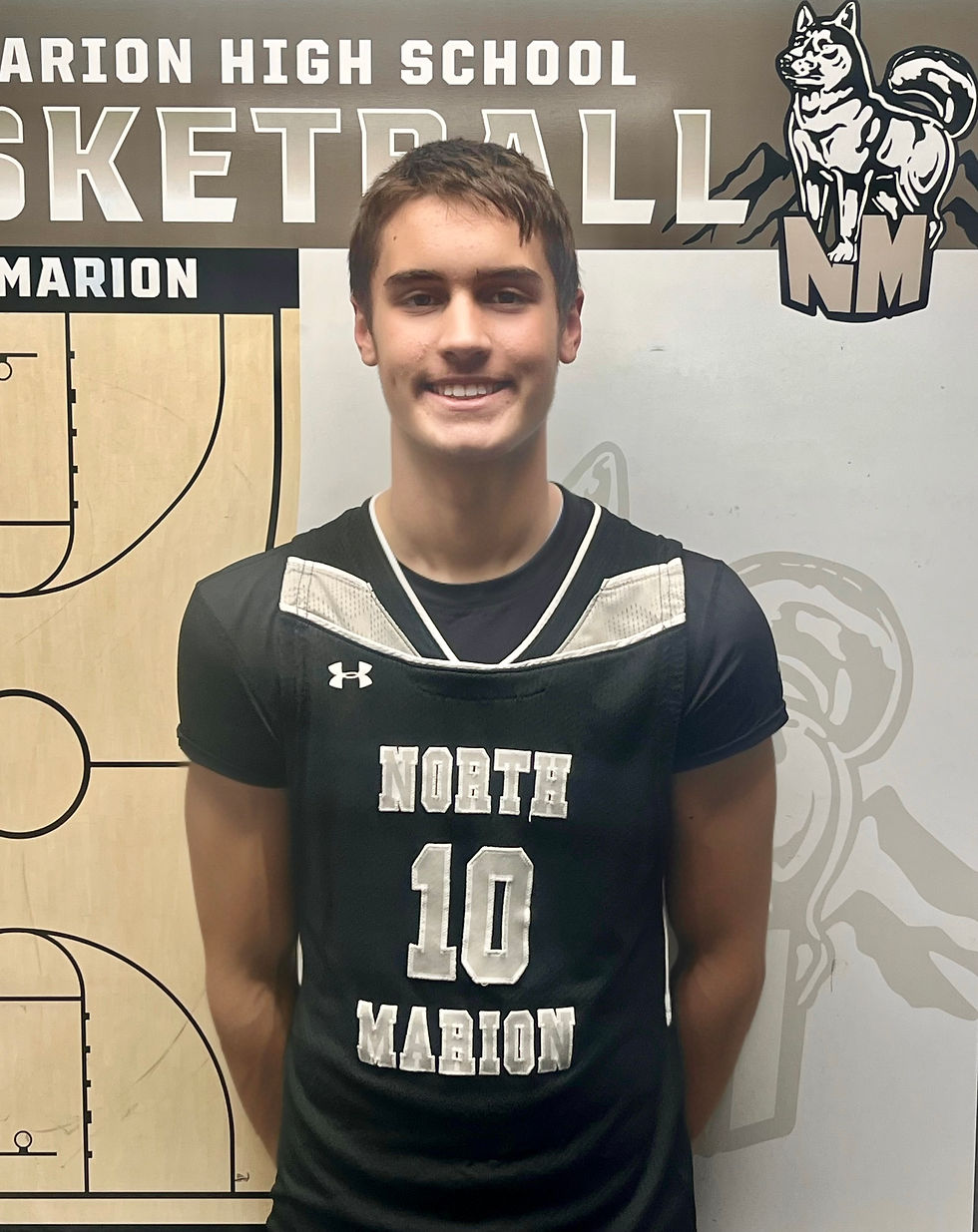Coach's Corner: "Dream Protector and Culture Builder "
- Kevin Moses
- Sep 30
- 4 min read

Coach Brandon Branch
@2B_TheEnergyGuy
Basketball has been stitched into his life from the very beginning. He grew up with the game, chasing it until it carried him into college, where he played for Walter State Community College under Hall of Famer Bill Carlyle. The lessons under Carlyle shaped him, instilling discipline and toughness that still guide him today. Once his playing days ended, he immediately gravitated to the sidelines, coaching with NBA veteran Mike Miller’s M33M AAU program and then working under Josh Pastner at the University of Memphis. Those experiences lit a fire that’s never dimmed, and his path as a coach has since been defined by a mission to protect dreams and push players toward their fullest potential.
At the prep level, he describes himself as a “dream protector.” His belief is that if a young man has an elite work ethic and strong character, he can protect that dream and guide him toward earning a college scholarship. For him, the job is never just about basketball. It’s about shaping men. That’s why the impact he cherishes most isn’t just a win on the scoreboard, but being invited to weddings, graduations, and life milestones of former players who still call him family. He smiles when recalling how one player he coached from 6th through 9th grade just got married at 22 years old, or how several former players invited him to their college graduations this year. Even if he couldn’t attend, he made sure to send gifts. To him, the relationships always outlast the final buzzer.
His coaching journey has also carried him into the highest levels of the game, where he’s been blessed to coach DI players, ten of whom are now in the NBA. Those moments left lasting imprints on his coaching philosophy. Markquis Nowell, the 2023 Bob Cousy Award winner, stands out as an example. At Kansas State, Nowell’s preparation was elite: first in the gym, relentless in film study, carrying himself like a pro long before the NBA ever called. Players like that didn’t just grow under his leadership; they sharpened him as well. He says coaching is a two-way street. Great players teach as much as they learn, and he thrives in that exchange. Denver Jones is another name close to his heart. Jones, who finished his last two seasons at Auburn, carried himself with the same professionalism back when he was still in prep school. These kinds of players reinforced one of the greatest lessons of his career, which is that elite talent craves accountability. They don’t want constant praise; they want to be pushed, challenged, and shown how to get even better.
But it wasn’t always easy. One of his biggest learning curves came in recognizing the difference between high-performance players and good players. The former don’t need to hear they’re good; they need to be coached hard, with every detail refined. The latter often require more reassurance, especially after a bad practice or tough game. Learning to balance those approaches gave him the adaptability that now defines his coaching style.
When it comes to building teams, he looks first for passion, character, and hunger. Passion shows up in communication, energy, and leadership. High character shows up in coachability and willingness to grow. Hunger shows up in extra reps, first-to-the-gym habits, and diving for loose balls. These traits have nothing to do with skill level, but they reveal everything about a player’s ceiling. He’s learned that when you build a roster around those qualities, you don’t just build a team, you build a culture. And culture is what he’s become known for, whether it’s building or rebuilding programs and turning them into winners.
His work in the prep school space is driven by the same vision. Prep schools have long carried mixed reputations, but he sees their value as undeniable when run the right way. At his program, players train five hours a day with development as the main focus, giving them a competitive edge. The experience of living away from home prepares them for independence in college, smoothing the transition. And the competition, often international, forces them to measure themselves against the best in the country and the world. In an era where the transfer portal reshapes college basketball, that edge matters more than ever.
His “why” is that he coaches to make dreams real, to use basketball as a vehicle for life. He wants every player to leave his program knowing they were cared for first as people and second as athletes. His motivation comes from watching boys grow into men, from being a part of journeys that continue long after the court. That’s why he thrives in this space, because it’s bigger than basketball.
The reward at the end of each day isn’t a stat sheet or a headline. It’s the knowledge that he’s shaping lives. When asked what he’d say to a kid striving for the next level, his message is, “Communicate, stay hungry, and embrace being coached. Don’t just chase being good, chase being great.” His must-have advice comes from a lifetime in the game: greatness demands accountability, and those willing to be held to that standard separate themselves from the rest.
For him, coaching has never been just about drawing plays on a whiteboard. It’s about drawing out character, instilling belief, and protecting dreams. In every way that matters, he’s not just a coach, but a builder of futures.







Comments